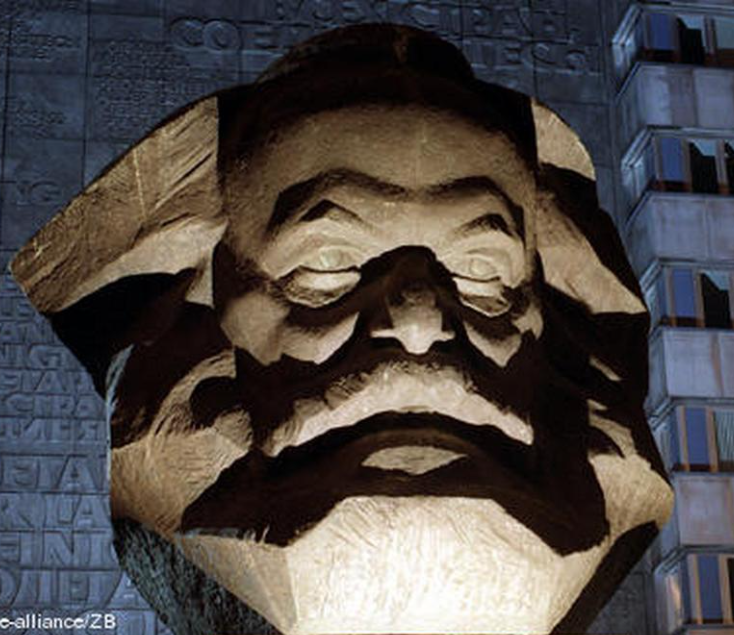Penrose is a physicist that has worked on the great mysteries like cosmology and consciousness. For Penrose, he reluctantly calls himself a materialist because he admits he doesn’t know what matter really is even tho he ostensibly is a materialist in practice.
What do you make of this?
In light of the recent “religion” decree on lemmy, how does Penrose’s reluctance interact with notions of religon? If there is a non-physical world that interacts with the physical world, then is the non-physical world somehow immaterial? Or could it be material? Can the material be subdivided into “alternative materials” with seperate functions, similar to how structural forces give rise to attitudes, and attitudes give direction to maintain or change structures? Sometimes ideas become so entrenched that they become structural and affect matter beyond what happens in the brain. Similarly, material forces that are not present still affect us (and then those affects re affect us as we contextualize things), for example the actions of our ancestors or the past itself. Furthermore, with any amount of predictive ability, the looming, foreseen future affects the present even though it has not materialized.
Oftentimes we may be off put by a seperation between material and spiritual or non physical, but what if they are still basically the same thing and the distinction is a red herring.


As an agnostic materialist, I doubt there is any “immaterial” forces. Anything that exists exists in the material world. However on the very edge of my perception of plausibility is the deist view that there is a god that set up the rules for the world (ie how matter, energy, gravity, etc work) and it just left the simulation to run for it to watch, and humanity is just an accident. Maybe that being, whatever it is is the “immaterial force” that you speak of. Given the inconsistency that theists claim of “god’s” intervention (Miracles), I do not think it’s possible for any supernatural acts to have occurred by this supposed creator, or at least if it’s done anything, it has no morality. Further, with Buddhism which is also near plausible, the main immaterial things are samsara and karma. Supposedly, what we do in this life affects our future lives. However, I feel this contradicts with materialism and other things Buddhists claim. With the former, everyone’s current ills are because they were bad before. But in socialism suffering and alienation will decrease and this will not be from Individuals moral actions. With the latter Buddhists claim there to be no objective morality from the universe, yet they claim there to be supernatural consequences for actions based on their morality. Maybe, theyre right and there is some force within material reality that today we would consider beyond earth, but will someday be discovered as part of how the universe works by science, idk. I find contradiction too in that they claim there to be no self, no soul, yet there is some essence that continues into another life. (For context, most of what I know of Buddhism is from Ajahn Brahm, maybe others have answers to my objections.) Idk if this is kind of thing I’m supposed to say in your materialist community, but feck it. Sorry for wall of text.